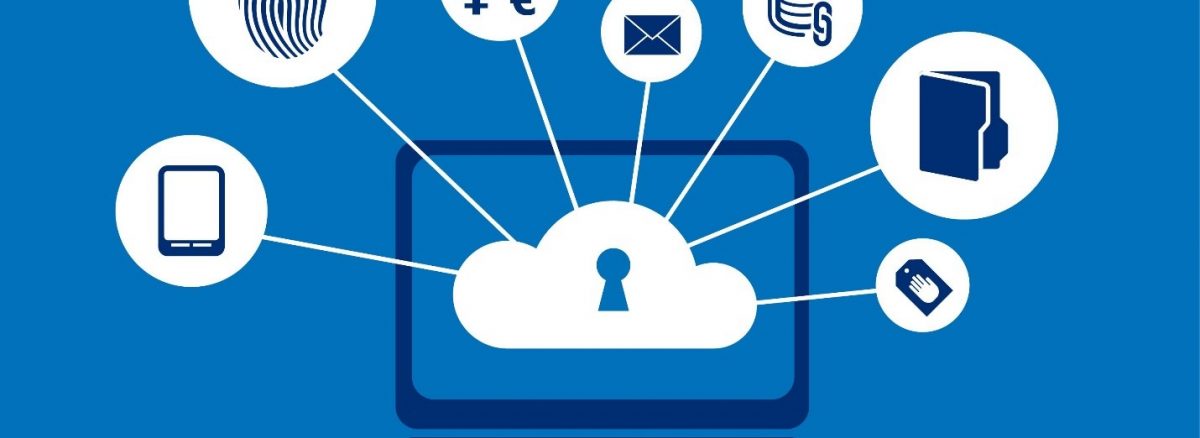The best practices for Journalists and Human Rights Defenders
Context
The ability to influence, manipulate, monitor and restrict electronic or digital information has become a fad, an occupation or a policy for many people, corporations and government divisions. The ambiguous statement “for the interest of national security. ” has been used and is still being used as an entry point by the government to conduct surveillance and censorship of the once open and free Internet. This acts usually erode basic human rights and freedoms. Some East Africa Countries have already introduced legislation justifying and encouraging such practices to further increase persecution and suffering of human rights defenders and Journalist legitimate work thus reducing their ability to protect the rights of others. A considerable number are of HRDs and journalists are currently in prison for trying to spread their work to the digital world without proper knowledge of how to do it safely. This paper focuses on some of the best online practices for Journalists and Human Rights Defenders can use in order to improve their security on the internet.
Prevalence security threats in Tanzania:
In recent past Tanzania as the country within the East Africa Community have been learning about the technology and concepts of the computer and Internet operations that have made them more effective in protecting citizens and in equal measure exact clamour on HRDs and journalist as a quest to control the media and HRDs. Some of these attacks include [1]: Mobile thefts, Passwords hacks, Destruction of information’s, Internet surveillance, identity theft and profiling, draconian legislation. Internet censorship and Malware attacks.
KEY RULES
- Continuously try to foresee and take necessary measures to prevent security threats from being realized.
- Strategize your security concerns from an all-round perspective. Eliminate the weak links in your strategy and do not compromise the people who you work or communicate with by being careless about security
| THREAT | SOLUTION |
| Mobile Theft[2] | -Your phone bag pack should be part of your attire.
-Smartphones have a unique serial number known as an IMEI record it and save it for legal use.
|
| Passwords hack[3] | -Create a strong password that contains a string of at least 8 characters that include some combination of letters, numbers, and special characters that don’t form recognizable words or phrases.
-Never use the same password twice -Don’t rely on Windows passwords to protect your information. They are easily broken. -Change your Password at least every one month. -Regularly update your operating system. -Use a BIOS password to protect the computer at start up -Do not create passwords which use information from your personal life |
| Destruction of information/ Malware | -Always back up your information on a weekly basis.
-Use tasted and accepted antivirus and firewall like Kaspersky. |
| Internet Surveillance[4] | -Always be cautious when installing new software or buying a computer with pre-installed software. Use only the software that is necessary for your function and delete everything else. |
| Identity theft and profiling | -Your digital identity is a collection of computer and Internet records that either relate to you or could be used to identify you.
– Use ToR / Private browser mode and wipe cookies once you have used a computer in accessing the internet. |
| Internet censorship | Invest and use VPN |
Essential Knowledge: In case of a virus or spyware attack: Disconnect your computer from the Internet & run full system virus scan | Slow computer operation: Verify you have enough space on the hard drive if not back up and create more space or uninstall unnecessary or recently installed programs | Your access to a website is blocked: Find out if others can access the website, ask friends from a different country or region | Raid: Wipe sensitive information & notify your contacts | Try not to send group emails and when you do, use the BCC field for all addresses. | Separate your work from your social life: Don’t share your family photos publicly.

